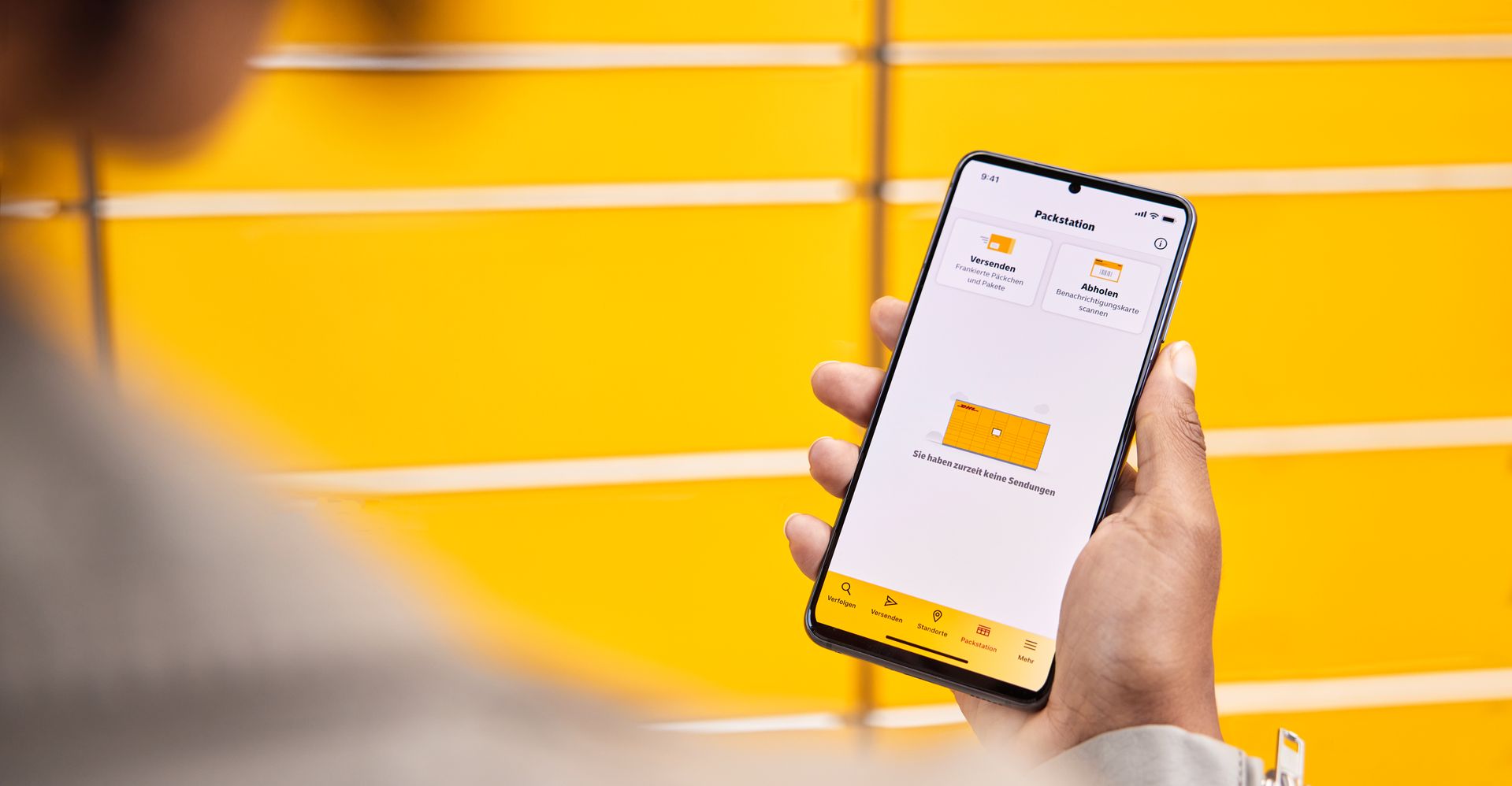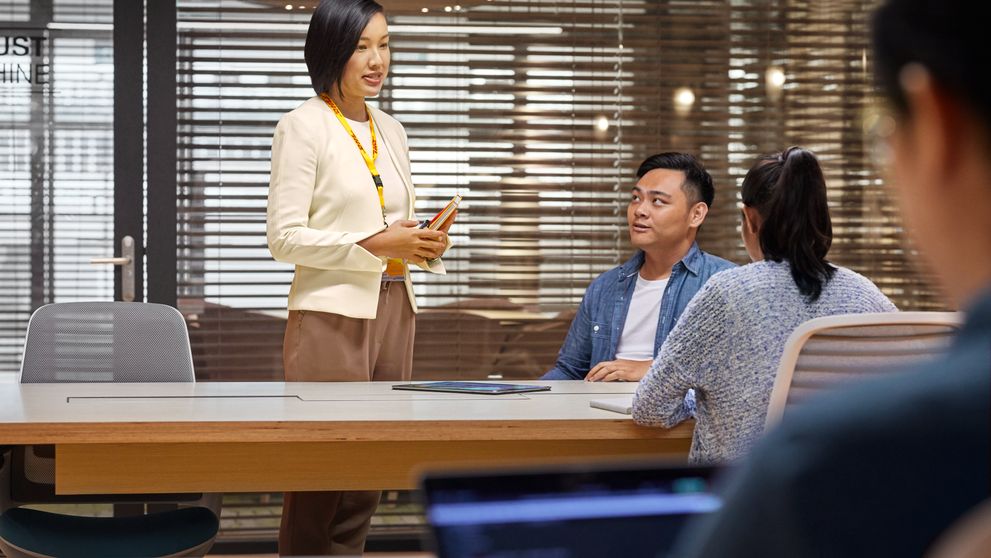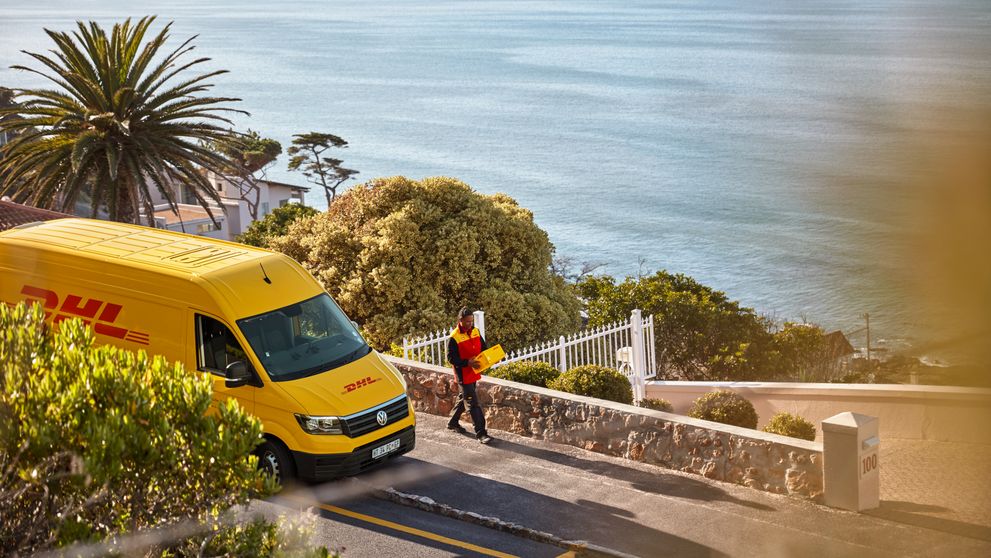Indonesia’s burgeoning soap industry has become a cornerstone of its export sector, with an impressive trade value of US$860 million, according to The Observatory of Economic Complexity (OEC). The export of bar soap, dish soap, and handmade soaps not only enhances Indonesia’s economic landscape but also positions it as a top player in the global soap market.
Countries around the world, from Asia to Africa, are frequent importers of Indonesian soaps, recognising the quality and diversity of products offered. To ensure that soap shipping remains smooth and efficient, this blog will explore essential topics such as regulations around soap distribution, how to best preserve soap while shipping, and essential documents for shipping.
Understanding the global soap market
The global soap market is experiencing a robust demand across continents, underpinned by heightened hygiene awareness and consumer preferences for sustainable products. Indonesia, blessed with a rich tradition in soap making, from bar soap to dish soap and handmade soaps, serves a diverse array of countries, enhancing its stance as a major player in the soap export arena.
Key export partners such as India, China, and the Philippines not only underscore the broad appeal of Indonesian soap products but also the strategic importance of these markets in driving the industry's expansion. Understanding consumer trends and preferences in these regions is crucial for tailoring products to meet market demands effectively.
Export Partner | Trade Volume (in 1,000 US$) | Quantity (in Kg) |
India | 56,032.99 | 58,963,300 |
China | 36,764.2 | 41,546,000 |
Angola | 35,877.83 | 57,866,900 |
Djibouti | 32,864.00 | 39,430,000 |
Philippines | 29,175.13 | 38,060,400 |
*Source: WITS
Regulatory framework for exporting soaps from Indonesia
Navigating the regulatory framework for exporting soaps from Indonesia is crucial for businesses aiming to thrive in both domestic and international markets. A pivotal aspect of these regulations is ensuring that soap products are Halal-certified, making them permissible under Islamic Sharia Law. This certification is essential not only for meeting domestic market demands but also for catering to international markets with significant Muslim populations.
For products such as bar soaps and dish soaps, Halal certification requires that they be free from any Haram (prohibited) materials and Najis (impurities). This certification ensures that the soaps are manufactured, packed, and distributed while adhering to Islamic practices, enhancing their acceptability in Muslim-majority regions.
Haram refers to any substance or action deemed prohibited or unlawful under Islamic Sharia Law. The following list includes typical Haram materials that must be avoided in the production of soaps:
- Blood and carrion
- Pork and all its derivatives
- Animals improperly slaughtered or slaughtered without invoking the name of Allah
- Alcohol (khamr)
- Parts of the human body
- Predatory land animals with fangs or claws, and amphibians
*An exception is made for all sea animals, which are considered Halal even if not slaughtered.
Najis, on the other hand, refers to substances considered physically impure in Islamic law.
Navigating Indonesian customs for soap exports
1. Understanding import duties and taxes in target markets
Navigating the customs landscape of your target market is crucial. For instance, when shipping to Bangladesh, businesses must adhere to a specific import duty of 1000 BDT once shipments exceed the de minimis threshold. The de minimis threshold represents the value below which no duties and taxes are charged on imported shipments, streamlining smaller transactions.
2. Essential exporting documents
To facilitate the customs clearance and declaration process in Indonesia, it is crucial for businesses to provide a comprehensive set of documents. These export documents ensure that your shipment can be processed smoothly and without any legal hindrances.
Required documentation typically includes identification for the exporter, a Certificate of Origin which verifies the country in which the product was made, and a detailed Packing List that includes the Harmonized System (HS) Code for each product, such as HS3401.11 for bar soaps. These codes are essential for determining tariff rates and ensuring compliance with international trade regulations.
- Nomor Pokok Wajib Pajak (NPWP): A tax identification number.
- Nomor Induk Berusaha (NIB): Business registration number.
- Nomor Identitas Kepabeanan (NIK): Customs identification number.
- Certificate of Origin (COO): Certifies the country in which the product was made.
- Packing List: Details the contents of each shipments.
- Commercial Invoice: Provides value and description of the goods.
- Bill of Lading: Official transport document issued by a carrier.
- Pemberitahuan Ekspor Barang (PEB): Export declaration form submitted by the exporter.
3. Packaging
Effective packaging is vital to ensure that soaps remain intact and retain their quality during transit out of Indonesia. When packing soaps, the primary goal is to prevent any breakage or leakage, which can compromise the entire export shipments.
- Bar soaps: For maximum protection, wrap each bar soap in kraft paper, which provides a sturdy barrier against moisture and external contaminants. Additionally, consider using bubble wrap around the kraft paper to cushion the soaps and prevent them from cracking or breaking during transportation.
- Bottled soaps: To secure bottled soaps, especially those with pump nozzles, it's advisable to attach a clip seal at the base of the pump. This prevents accidental discharge of the soap by locking the pump mechanism, avoiding messes and product loss.
4. Choosing the right logistics partners
Choosing a reliable logistics partner is fundamental. Partnering with international courier services and logistics providers like DHL Express ensures not only the handling of various document arrangements when exporting out of Indonesia, but also efficient management of the entire shipping process, from collection to delivery.














